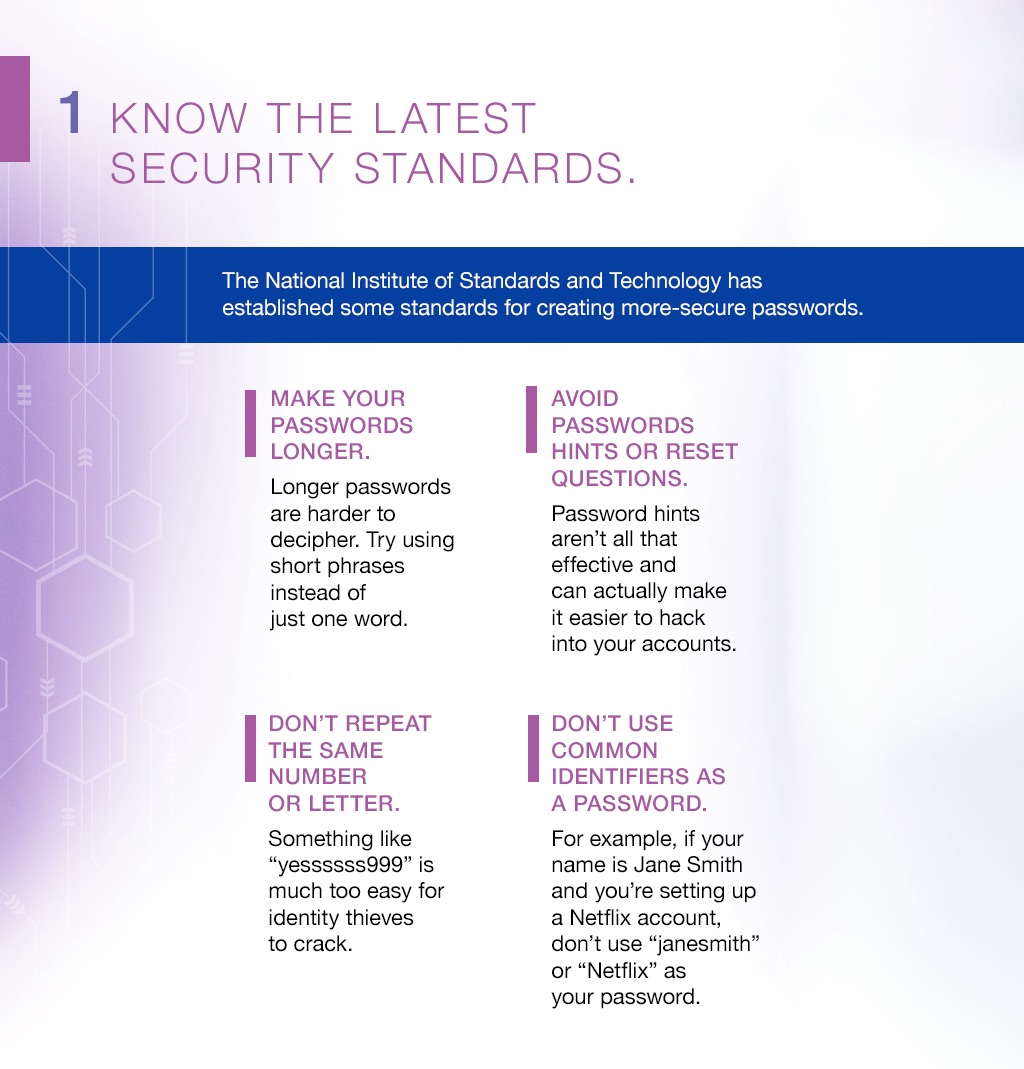The Three Keys to a Great Password





October 2, 1951 – November 27, 2020







Workers 50+ may make contributions to their qualified retirement plans above the limits imposed on younger workers.

A quick look at how federal income taxes work.

Here are 5 reasons why you may consider working through retirement.